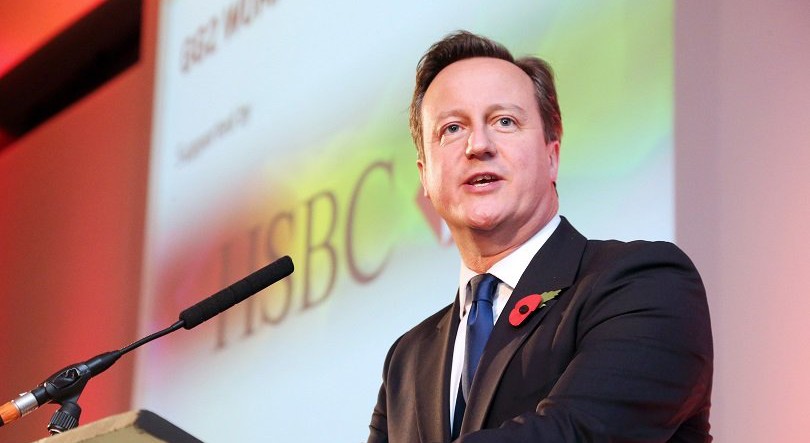PM vows to end the gender pay gap in a generation

The Prime Minister today (Tuesday 14 July) set out his ambition to end the gender pay gap in a generation announcing that the National Living Wage will help close the gender pay gap and that companies with more than 250 employees will have to publish their pay gap. New figures show FTSE 100 companies have met target for 25% of board members to be women and that there are now more women-led businesses than ever before, a record number of women in work, and the gender pay gap is at an all-time low - but the Prime Minister said that there is more to do.
The new National Living Wage, which starts next April at £7.20 and will reach over £9 by 2020, will primarily help women - who tend to be in lower paid jobs - and will help close the gender pay gap.
The National Living Wage was part of a Budget in which the government made clear its commitment to rebalancing the economy by moving from a high-welfare, high-tax, low-pay economy into a lower-welfare, lower-tax, higher-pay society.
Further steps to tackle the gender gap announced are:
- every company with more than 250 employees will have to publish the difference between the average pay of their male and female employees
- a consultation, launched today, will look at the detail of how the new gender pay gap regulations will be designed, including what, where and when information will be published. It will also seek views on what more can be done to encourage girls to consider the widest range of careers, support parents returning to work and help women of all ages reach their full potential and have the security of a well-paid job
A Treasury analysis of the impact of the government’s new national living wage announcement in last week’s Budget shows 65 % of winners are expected to be women.
The overall gender pay gap for all employees (19.1%) is the lowest since records began. It shows that a woman, on average, earns around 80p for every £1 earned by a man.
The proposed regulations will implement Section 78 of the Equality Act 2010 – this requires employers in Great Britain with at least 250 employees to publish information about the pay of their male and female employees. The plan is to introduce this in the first half of 2016 and the consultation will explore how quickly it can be enforced.




